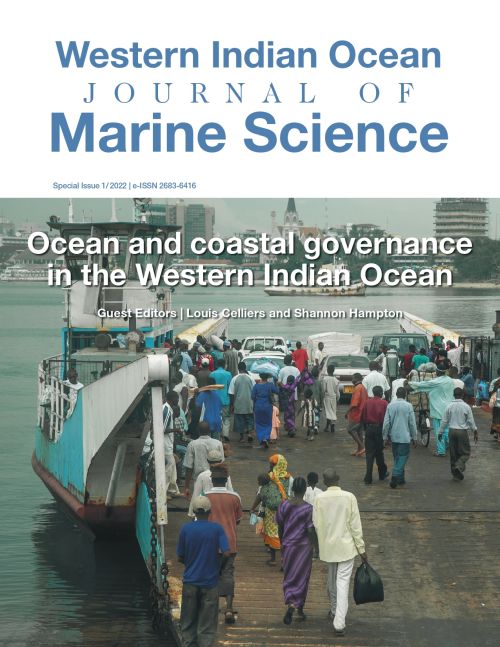Main Article Content
Africa Integrated Maritime Policy, blue growth and a new ocean governance: case studies from the Atlantic and the Indian Ocean
Abstract
Integrated maritime and blue economy policies are changing ocean governance by introducing new policy drivers, reshaping institutional frameworks, as well as demanding new management instruments (e.g., Maritime Spatial Planning (MSP)). This started in 2007 though the European Union Integrated Maritime Policy approach, and in 2009 the Africa Union initiated a similar process, leading both to the Africa integrated maritime strategy as well as a blue economy strategy. Several countries, particularly in sub-Saharan Africa, began to look to blue economy as a booster to socioeconomic welfare and initiated the development of national strategies, together with the necessary adaptation of institutional and legal networks. Case studies address those processes at the transition from the Atlantic to the Indian Oceans, focusing on Angola, Namibia, South Africa, Tanzania and Kenya in the Southern African Development Community (SADC) region, as well as several African Small Islands Developing States (SIDS), particularly Cape Verde, S. Tomé and Príncipe, Seychelles, Madagascar and Mauritius. Findings show that all countries covered in the case studies are developing national ocean and/or blue economy strategies and adapting their governmental, institutional, and legal frameworks, although there is a deeper political impact in SIDS. Overall, these new policy drivers are leading to a new model of ocean governance by addressing integrated maritime policies and blue growth strategies, as well as introducing MSP as a new EEZ governance tool.




